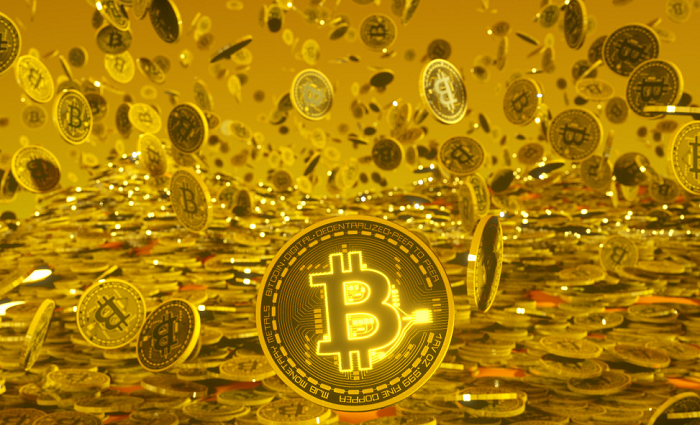As Money Gossip bids farewell to 2021, we think it’s important to reflect on the significant events and trends that shaped the world of money, finance, banking, and wealth over the past year.
From unprecedented market volatility to groundbreaking innovations, here is our comprehensive recap of the most notable occurrences:
- Global Economic Recovery: 2021 marked a year of recovery for many economies grappling with the aftermath of the COVID-19 pandemic. Governments worldwide implemented stimulus packages and vaccination drives, leading to improved economic indicators and increased consumer confidence.
- Cryptocurrency Boom: Cryptocurrencies continued to dominate headlines as Bitcoin, Ethereum, and other digital assets reached new all-time highs. The mainstream adoption of cryptocurrencies by institutional investors and corporations, coupled with growing interest from retail investors, fueled the market’s exponential growth.
- Rise of Decentralized Finance (DeFi): DeFi platforms experienced exponential growth, offering innovative financial services such as lending, borrowing, and yield farming without traditional intermediaries. However, the rapid expansion of DeFi also raised concerns about security vulnerabilities and regulatory oversight.
- Environmental Concerns in Finance: Environmental, Social, and Governance (ESG) investing gained momentum, with investors increasingly prioritizing sustainability and ethical considerations in their investment decisions. Financial institutions faced mounting pressure to disclose their carbon footprints and align their portfolios with ESG principles.
- Inflationary Pressures: Inflationary pressures emerged as a key concern for central banks and policymakers worldwide. Supply chain disruptions, rising commodity prices, and fiscal stimulus measures contributed to higher inflation rates, prompting central banks to reassess their monetary policy strategies.
- Regulatory Scrutiny in Fintech: Governments and regulatory bodies intensified their scrutiny of fintech companies, particularly those operating in payment processing, digital banking, and cryptocurrency sectors. Regulatory actions aimed to safeguard consumer protection, prevent financial crimes, and ensure market stability.
- Wealth Disparities Exacerbated: The pandemic widened existing wealth disparities, disproportionately affecting low-income households and marginalized communities. The concentration of wealth among the affluent surged, exacerbating social inequalities and prompting calls for policy reforms to address wealth distribution imbalances.
- Central Bank Digital Currencies (CBDCs): Several central banks accelerated their efforts to explore and develop CBDCs, digital representations of national currencies issued and regulated by central authorities. CBDC initiatives aimed to modernize payment systems, enhance financial inclusion, and mitigate the risks associated with private cryptocurrencies.
- Technological Innovations in Banking: Traditional banks embraced digital transformation initiatives to enhance customer experience, streamline operations, and mitigate cybersecurity risks. Artificial intelligence, blockchain, and cloud computing emerged as key enablers of innovation in the banking sector.
- Geopolitical Uncertainty: Geopolitical tensions, trade disputes, and geopolitical conflicts exerted significant influence on financial markets, contributing to increased volatility and uncertainty. Investors closely monitored geopolitical developments for potential implications on global economic stability.
In conclusion, 2021 was a transformative year for the global economy and financial markets, characterized by resilience, innovation, and adaptation to unprecedented challenges. As we look ahead to 2022, navigating uncertainties and embracing opportunities will remain paramount for individuals, businesses, and policymakers alike.
